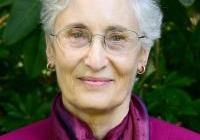
At a time when news from and about the Middle East has been devastating, our department’s educational mission is more important than ever. MELC aims to help students to become informed and prepared to continue learning about the complexities of the areas we study: the Near and Middle East, North Africa, Central Eurasia, and the Horn of Africa. MELC explores the contemporary cultural diversity of the region, its ancient and medieval roots, and its relevance to modern societies. We are gratified…
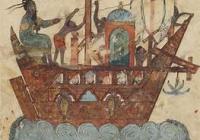
by Kathryn Medill
On February 9th, Dr. Kristina Richardson of the University of Virginia gave the 2024 Ziadeh Lecture, which was organized by MELC’s Arabic and Islamic Studies unit. Richardson is an award-winning scholar who studies marginalized people groups of the medieval Islamic world, drawing on discourse around the concept of “blightedness,” an historical Islamic idea applying to persons with a wide variety of bodily differences from their societies’ norms, including mental and…

By Kathryn Medill
How do we find out what students have learned – with an exam, or something else? Depending on the content and goals of a course, students may be able to internalize their new knowledge even better through a creative project or by joining a real scholarly conversation. Whether that means re-enacting a battle, role-playing as servers in an international restaurant, presenting a sales pitch for an ancient burial ground, writing and performing skits, collecting oral…
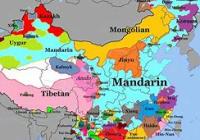
By Kathryn Medill
On May 10-11, 2023, scholars from across the world met at the University of Washington to discuss the indigenous languages of China and Taiwan. This symposium was organized by Talant Mawkanuli, who directs the MELC Department’s Turkic and Central Eurasian Studies program. Dr. Mawkanuli has been at the UW since 2008, where he teaches Kazakh and other Central Eurasian languages as well as content courses.
The program included keynotes from two invited speakers, Dr.…
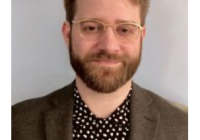
By Kathryn Medill
We are grateful for those who have joined our faculty this year, and excited for the expertise that they bring to the table.
Hunter Bandy, teaching a variety of courses in Arabic & Islamic Studies
I completed my PhD in Islamic studies at Duke and previously taught at North Carolina State, Elon, and the University of Oklahoma. Last year, I was a research fellow at the EPHE in Paris. At UW, I teach classical Arabic (ARAB 412), Arabic mystical and…
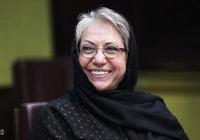
By Bahar Saadat
From October 31 to November 4, 2023, the events of "Teller of Truth: Women, Cinema, Freedom," planned by Dr. Naghmeh Samini and Dr. Aria Fani, unfolded, including film showings, a class visit, and a screenwriting workshop. For these events, MELC’s Persian and Iranian Studies program warmly welcomed Rakhshan Bani-E'temad, a premier Iranian film director whose storytelling prowess has illuminated the global film landscape. Bani-E'temad's journey from Iranian cinema to…
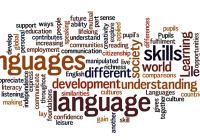
By Elham Monfaredi
In the ever-evolving realm of language education, the integration of technology has become paramount, particularly for our students who belong to Generation Z—an age group fluent with technology. As our educational landscape continues to transform, it is essential to acknowledge and embrace the digital tools that resonate with our tech-savvy learners.
In this edition, our focus is on introducing accessible and free tech platforms tailored to the languages offered…
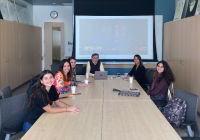
By Damla Aydin
In the hundredth year since the founding of the Republic of Turkiye, the Fall Quarter at our university witnessed two intellectually stimulating academic events courtesy of the Turkish and Ottoman Studies Program, led and coordinated by Dr. Melike Yücel Koç as part of the 2023-2024 Talk Series.
The first event unfolded on October 20 in the MELC conference room, drawing participants from various disciplines, including both academics and students. Renowned academic Dr.…

Faculty Updates
Canan Bolel
Presented “The Foreigner Within: Ashkenazi Butchers, Sephardic Jews and Imageries of Foreignness in the Late Ottoman Empire” at Jews amidst the Embers of the Ottoman Empire, University of Washington, Seattle. May 21-22.
Presented “The Unlikelihood of Wholeness” for Prof. Andrew Nestingen’s “The Nobel Prize in Literature” course on 1981 Nobel Laureate in Literature Elias Canetti.
Presented “No Place for Mazalto: Female Insanity and Asylum…